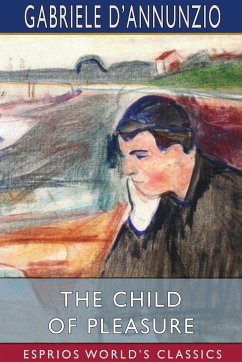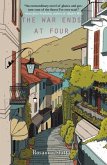General Gabriele D'Annunzio, Prince of Montenevoso OMS CMG MVM (12 March 1863 - 1 March 1938) was an Italian poet, playwright, orator and journalist and soldier during World War I. He occupied a prominent place in Italian literature from 1889 to 1910 and later political life from 1914 to 1924. He was often referred to under the epithets Il Vate ("the Poet") or Il Profeta ("the Prophet"). D'Annunzio was associated with the Decadent movement in his literary works, which interplayed closely with French Symbolism and British Aestheticism. Such works represented a turn against the naturalism of the preceding romantics and was both sensuous and mystical. He came under the influence of Friedrich Nietzsche which would find outlets in his literary and later political contributions.








